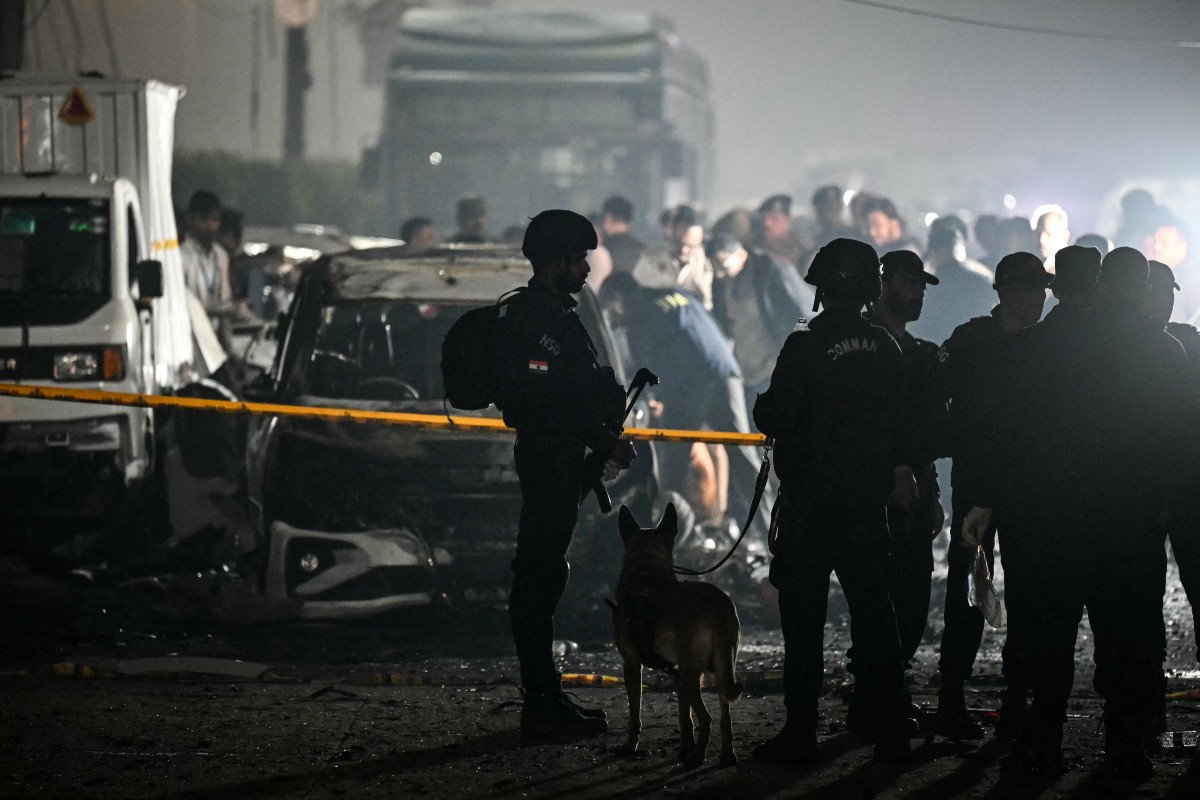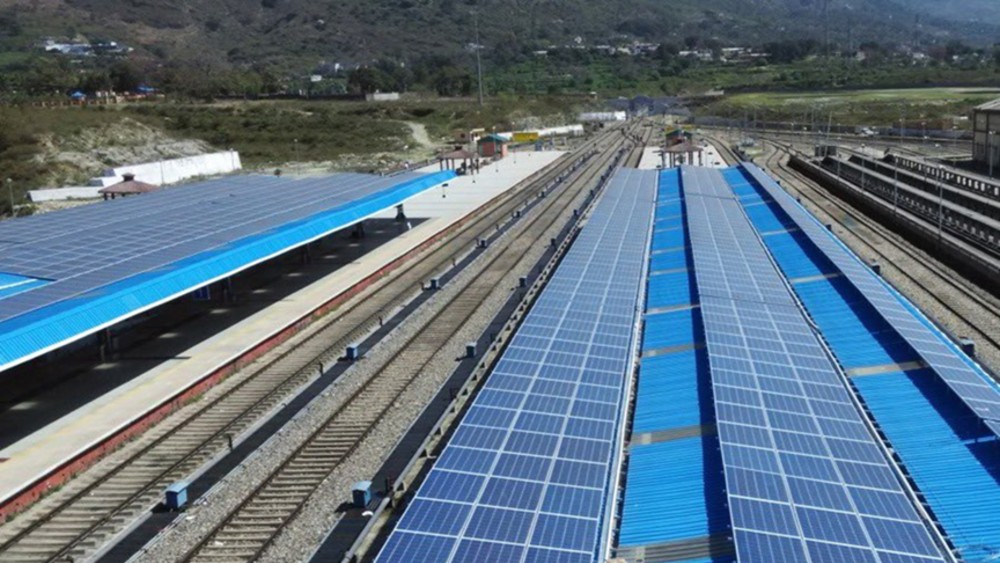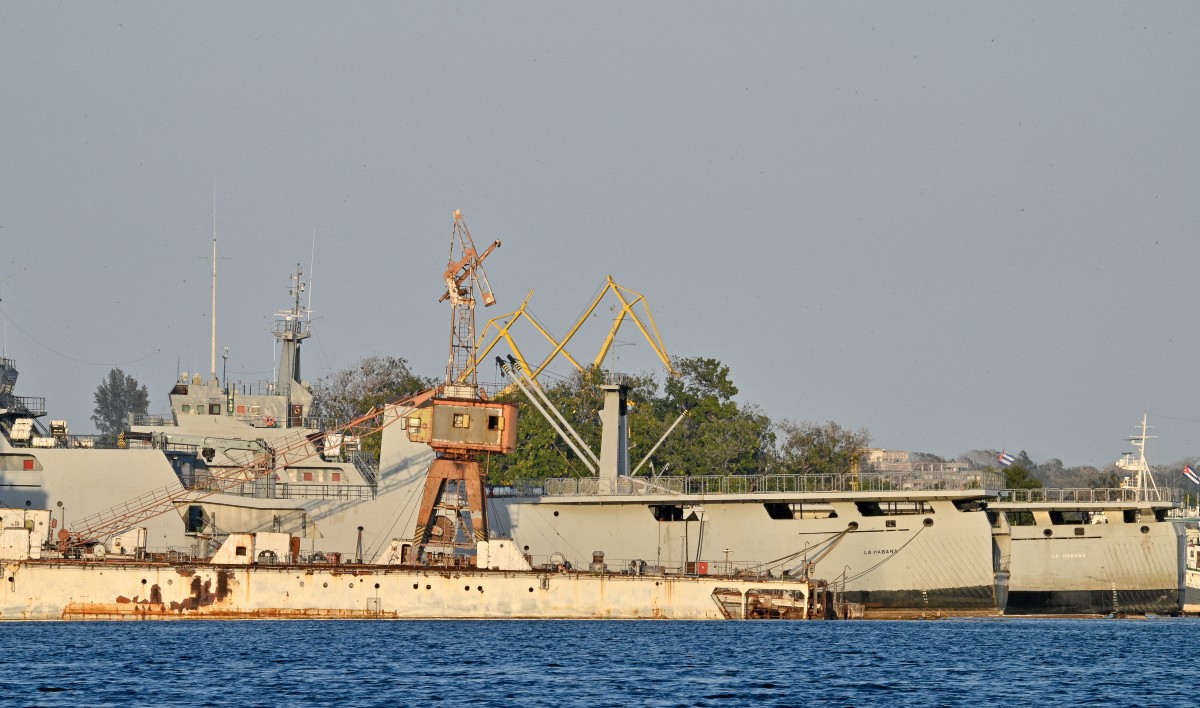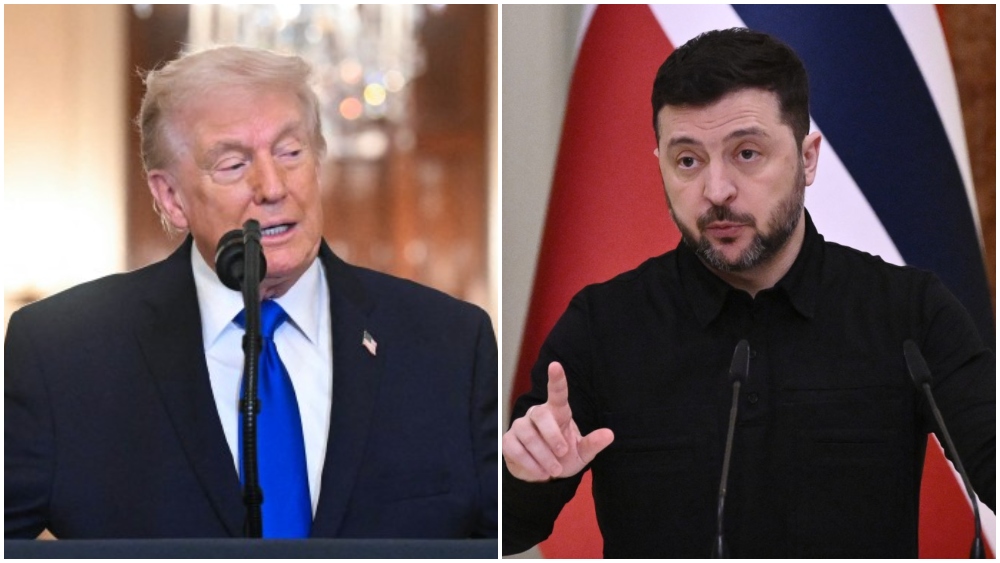ISLAMABAD: Analysts and investigative observers say India’s probe into the recent Delhi blast is increasingly mired in contradictions, shifting allegations and unverified media leaks, raising doubts about the credibility and direction of the investigation.
According to Indian media reports, investigators have identified a woman named Shaheen, also referred to as “Madam Surgeon,” as the prime suspect. Outlets have claimed she possessed three different Indian passports issued under separate addresses in Kanpur, Lucknow and Faridabad.
Analysts said these assertions “defy basic passport regulations” and expose “deep inconsistencies within India’s identity-verification system.”
Indian agencies have also acknowledged that Faridabad Police carried out passport verification just days before the blast, during which the suspect was reportedly present, photographed and officially cleared.
Observers say this acknowledgement “sits in direct conflict” with India’s later allegations that she had been running a sophisticated terror network undetected.
Following the explosion, Indian media circulated a series of evolving accusations, including claims of “multiple guardian identities,” unproven visits to Pakistan, Hawala transactions and foreign travel patterns, without producing documentary evidence.
Reports further speculated about weapons allegedly found in a vehicle, unexplained financial transfers and a purported “Pakistani handler in Turkey,” which some outlets described as part of a “D-6 serial-blast plot.” Independent analysts described these assertions as “speculative, contradictory and lacking forensic grounding.”
Commentators note that investigators have not released immigration data, bank records, surveillance material or other technical evidence to support the allegations. They argue that the probe’s oscillating narrative, combined with sensationalist reporting by outlets known for political alignment, reflects a recurring pattern in which media speculation precedes formal verification.
Channels such as Republic TV, frequently criticized by analysts for promoting government-leaning conspiracy theories, have amplified the claims despite what observers describe as “a lack of credible substantiation.”
Security specialists argue that the unresolved contradictions raise fundamental questions about the integrity of the investigation. They say that the case highlights potential failures within India’s own security and verification architecture and caution that the ongoing media-driven narrative risks overshadowing the need for a transparent, evidence-based inquiry.
Diplomatic observers add that the public framing of the case, marked by rapid speculation and unverified claims, “undermines confidence in investigative professionalism” and risks eroding trust in India’s institutional processes.
They stress that the unanswered questions surrounding the Delhi blast require clarity, consistency and verifiable evidence rather than shifting narratives and politically charged media commentary.






.jpg)